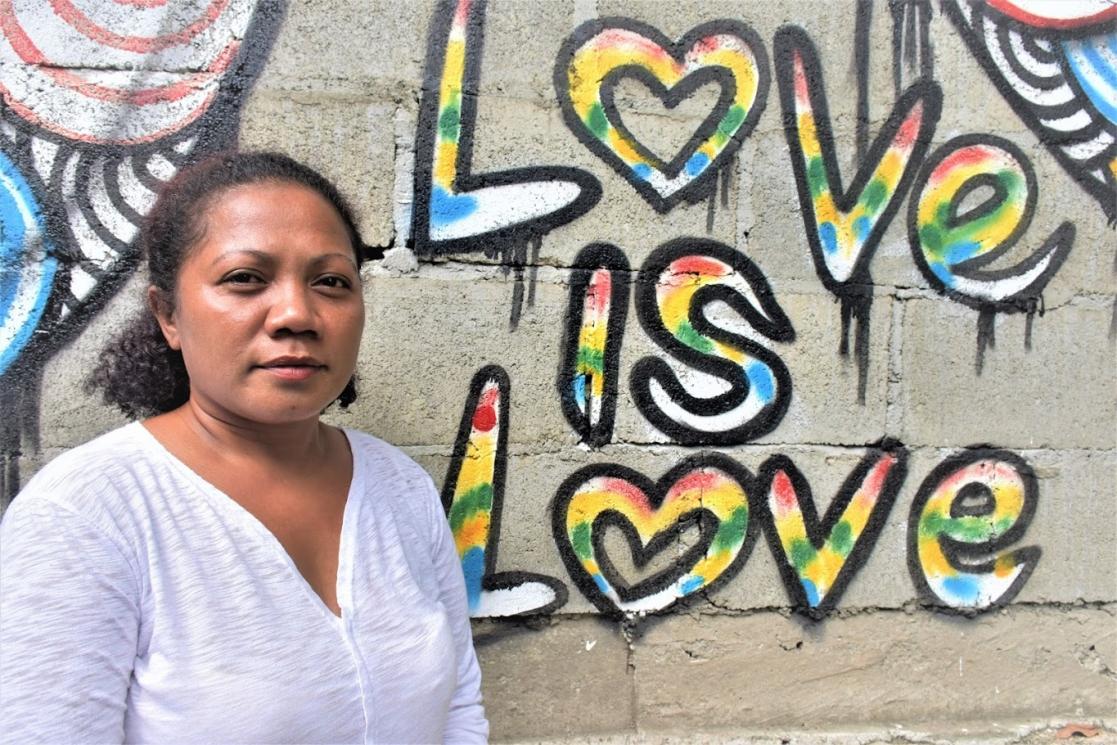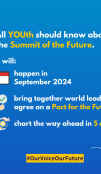Rainbow colours shine brighter than hate

Even if it is difficult to understand, discriminatory behaviours still have a legal expression in our days. Consensual same-sex relationships are criminalised in 69 countries, 11 of which retain death penalty as a legal punishment. The EU has continuously expressed its concern for how citizens are treated on the grounds of their identity.
The COVID-19 pandemic and its response have shown a disproportionate impact on the most exposed individuals and communities, contributing to deepening pre-existing inequalities. It includes LGBTIQ+ persons across the globe who have often been faced with discrimination.
Structural and societal discrimination entrenched in some societies builds more and more barriers to access basic services, such as healthcare, which can be vital in our current context. Also, challenges imposed on civic gathering contribute to further restrict the activity of human rights defenders, whilst arbitrary detentions, physical attacks and psychological trauma of LGBTIQ+ persons have increased. These acts cannot be tolerated and the EU stresses the importance of ending their impunity.
https://twitter.com/JosepBorrellF/status/1364195497276297217
The EU follows the motto of this year’s IDAHOT ‘Together: Resisting, Supporting, Healing!’
EU High Representative Josep Borrell highlighted the need to contribute to a more inclusive world: ‘The EU will continue to address discrimination based on sexual orientation and gender identity, highlighting the vulnerable situation of LGBTI persons in the COVID-19 recovery and calling for fairer, more inclusive and sustainable societies.’
The EU continues to address discrimination and violence against LGBTIQ+ persons through a combination of political and human rights dialogues, awareness-raising activities, financial assistance and specific policy tools.
It is important not to shy away from denouncing situations where human rights of LGBTIQ+ people are at risk. A few months ago, the EU imposed sanctions over serious violations of human rights, including towards those practicing torture and repression against LGBTI persons in Chechnya in Russia.
There is a responsibility to inspire others by taking a clear stand on the defence of human rights – and the EU does it. Even in March this year, the European Parliament declared the European Union an ‘LGBTIQ Freedom Zone’.
https://twitter.com/eu_eeas/status/1394209150905765888
All persons regardless of sexual orientation and gender identity must feel safe
In 2019, the human rights of LGBTIQ+ persons were discussed in 25 human rights dialogues with partner countries, contributing to advance the discussion in these locations.
These principles are also kept throughout the EU enlargement policy. Non-discrimination is a priority for the EU, including on the grounds of sexual orientation and gender identity and it generates concrete results.
In 2020, Montenegro adopted the same-sex partnership law, being the first Western Balkan country to do so. The EU and Council of Europe experts assisted the drafting of the law showcasing concrete impact when providing support towards the advancement of Human Rights.

EU continues its support in the country, currently focusing on identifying and reducing hate speech and hate crime with expert support provided to relevant institutions. This should ultimately lead to an improved social context and human rights of LGBTIQ+ persons in Montenegro.
Moreover, the work of civil society organisations and of human rights activists is fundamental for the maintenance and advance of human rights of LGBTIQ+ persons. In Timor-Leste, Laura Afonso de Jesus is a frontline advocate for the rights of LGBTIQ+ persons. She is the Executive Director for CODIVA (the LGBTIQ+ umbrella network in Timor-Leste) and an active member of EU-UN Spotlight Initiative Civil Society National Reference Group.

An increased risk of domestic violence as a result of the COVID-19 pandemic measures also calls for specific actions to protect LGBTIQ+ persons. The EU-UN Spotlight Initiative together with Civil Society National Reference Group developed messages to acknowledge the violence faced by the LGBTIQ+ community. There is a clear commitment to promote inclusive responses to LGBTIQ+ persons who face abuse by their family and community members.
On this day, we recognise those who have fought and who are still fighting to be able to express who they are. We expand our motivation to ensure that the respect for human rights of LGBTIQ+ persons should not depend on the country we live in, but rather should be ensured from the moment each of us is born.
https://twitter.com/eu_eeas/status/1394028802016256003
See also
- Voice of EUVP: Amar Alfikar of Indonesia
- IDAHOT 2021: Estawini EU Ambassador calls for the respect for everyone’s rights
- International Day Against Homophobia, Transphobia and Biphobia, 17 May 2021: Declaration by the HRVP on behalf of the EU
- EU Annual Reports on Human Rights and Democracy
- EU Human Rights guidelines
- EU Action Plan on Human Rights and Democracy





